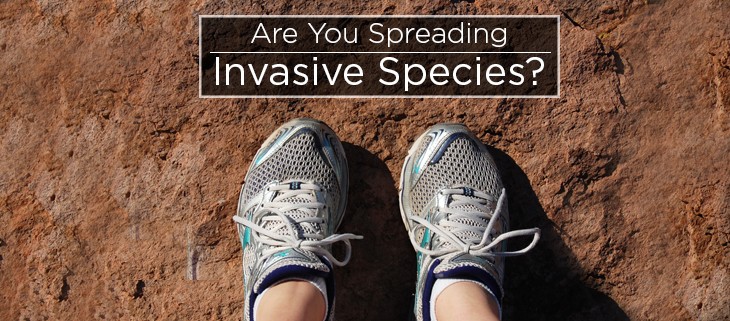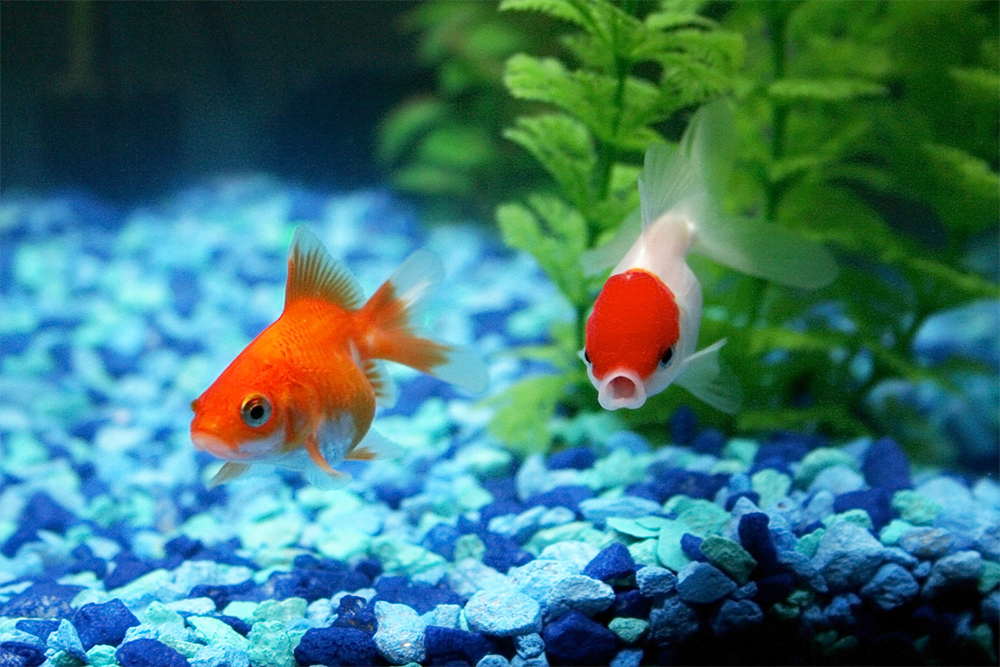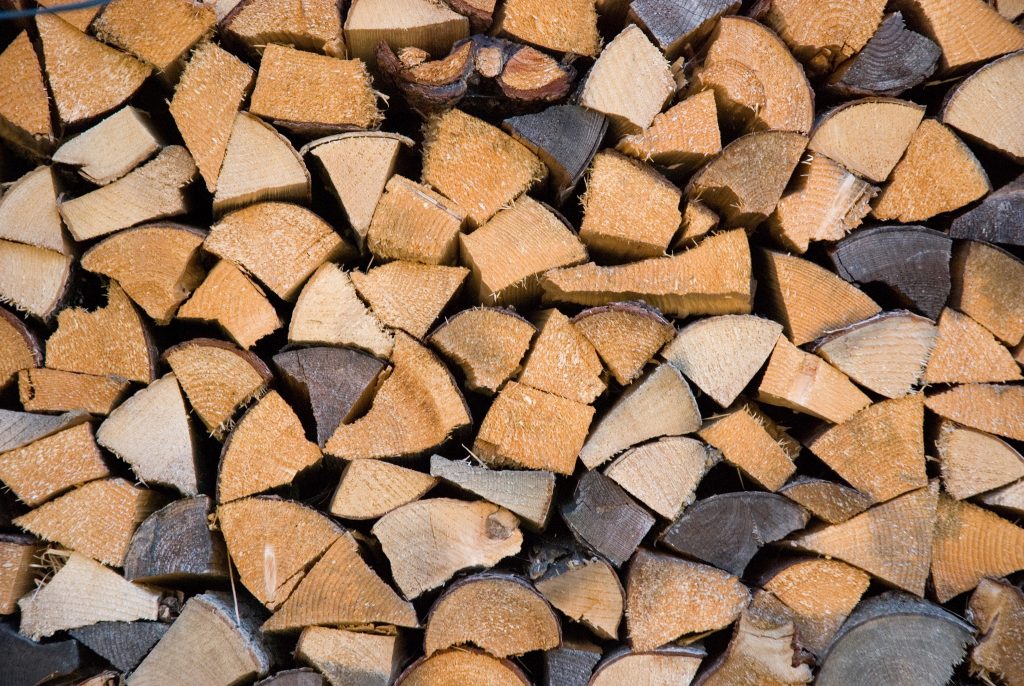December 4, 2024
The Ebiil Society: Champions of Palau
Ann Singeo, founder of our partner organization the Ebiil Society, shares her vision for a thriving Palau and a flourishing world of indigenous science!
We use cookies to help you navigate efficiently and perform certain functions. You will find detailed information about all cookies under each consent category below.
The cookies that are categorized as "Necessary" are stored on your browser as they are essential for enabling the basic functionalities of the site. ...
Necessary cookies are required to enable the basic features of this site, such as providing secure log-in or adjusting your consent preferences. These cookies do not store any personally identifiable data.
Functional cookies help perform certain functionalities like sharing the content of the website on social media platforms, collecting feedback, and other third-party features.
Analytical cookies are used to understand how visitors interact with the website. These cookies help provide information on metrics such as the number of visitors, bounce rate, traffic source, etc.
Performance cookies are used to understand and analyze the key performance indexes of the website which helps in delivering a better user experience for the visitors.
Advertisement cookies are used to provide visitors with customized advertisements based on the pages you visited previously and to analyze the effectiveness of the ad campaigns.
Our new online shop is live!

1. Check Your Hiking Gear for Invasive Species
A simple walk through the local park trail or hike in the nearby nature reserve could mark the beginning of a non-native species introduction. The moment you brush past a plant, or set down your pack in a meadow, you’ve invited seeds to cling on to your belongings. During your next vacation to an island paradise, you hit the hiking trails and inadvertently disperse the seeds, spreading invasive species into the native ecosystem. Brush organic material off of your clothes and gear after each outdoor excursion, or at least before you head to the airport for your next vacation.

2. Love Your Pet Fish
A pet fish may seem like a really great idea on day one. But the maintenance required to keep them healthy can become too much of a time or energy investment after a while. It might be tempting to free your goldfish into local water systems, but this will prove disastrous for the goldfish and the native ecosystem. Many invasive marine species have been traced back to releases of pets into the wild. Only adopt a pet fish if you are confident you can take care of it for the entirety of its life. If you can no longer care for your fish, find a trusted friend or family member who is willing to take over the responsibility. And remember, never release pets to the wild.

3. Don’t Move Firewood
Firewood is commonly made out of dead or dying trees. These trees may have hosted pests, such as the emerald ash borer. Moving firewood from one place to another can spread invasive species. Support local firewood providers and don’t move firewood to new areas. The native trees will thank you.

4. Go Fishing…With Native Bait
Fishing bait may include invasive species, including worms and fish. Seek out native bait anytime you go fishing. Never dump bait into the water at the end of a fishing session.

5. Care for Your Feline Companion
Invasive feral cats are a major contributor to native species decline. By spaying or neutering your cat, you will prevent unintended pregnancies leading to the rise of feral cats in your area.
Learn more ways to prevent spread of invasive species: Cool Green Science
Featured photo: Trail shoes. Credit: Ashley P.
Check out other journal entries we think you might be interested in.
Notifications